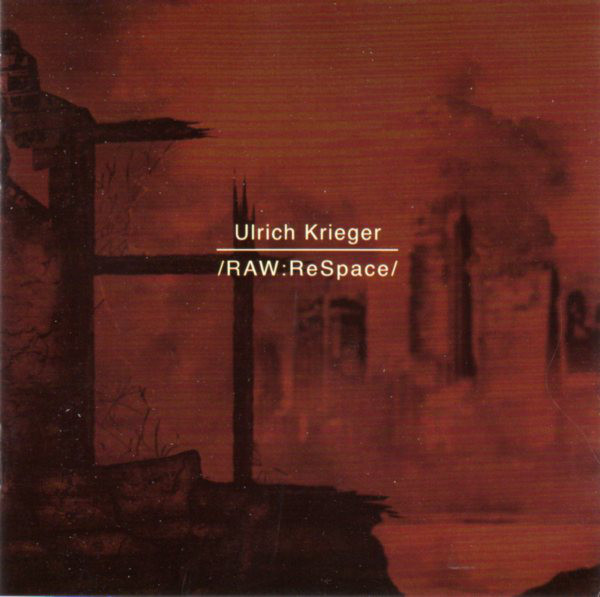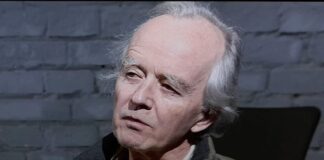By most accounts, one of the most perplexing rock albums ever released was Lou Reed’s Metal Machine Music. Was it a taunting prank directed at Reed’s fans, the grudging fulfillment of a contractual obligation couched in the form of an insolent dare thrown at his record label, or—by design or by default—an innovative work of sound art? Choose whichever answers one prefers, forty-one years after its original release—and rapid withdrawal from the market–it has been established as a kind of standard stoppage against which noise music can be measured.
Krieger plays what he calls “acoustic electronics” for amplified saxophone. Starting with extended techniques on the instrument, he amplifies and processes the results into sounds that call up the timbral palettes of industrial or heavy metal music. His latest release, the double CD /RAW:ReSpace/, features him on electric tenor saxophone, saxophone-controlled feedback, effects and delays. The first disc, dedicated to Reed, contains five pieces of approximately ten to eighteen minutes each, which are titled for desert towns of Southern California. Here Krieger is at his harshest, sculpting waves of static, simulating the sound of a car horn, pushing out an abrasive wash of white noise, mimicking the sound of an overdriven electric guitar feeding back or, with drummer Joshua Carro added on Needles, generating the sludge of a heavy metal chord progression. Underneath it all the reedy voice of the saxophone is at times discernible—felt rather than heard, albeit in an altered form.







